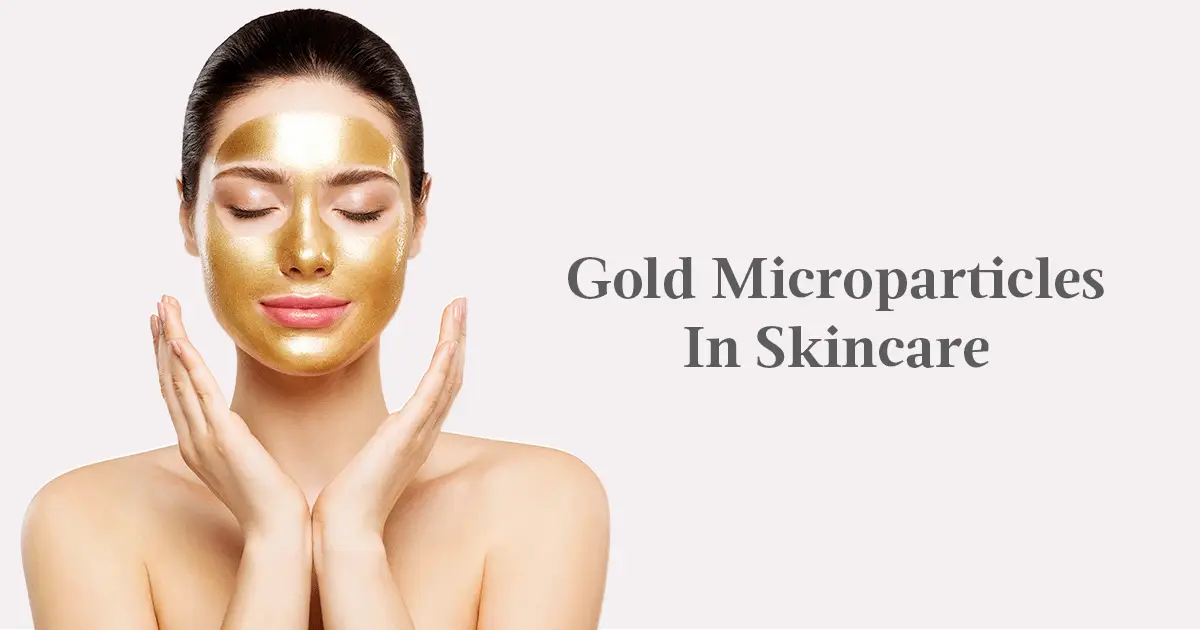
Before putting anything on your skin, have you ever paused…and wondered, “What if this causes irritation or burning?” Well, you’re not alone! The fear gets even worse when it comes to applying skincare products on delicate skin, like your baby’s. This is exactly why reputed brands make their products undergo an anti-irritation test before they make it to the store shelves.
So, how is this test done? And what do the results mean? In this blog, we’ll be uncovering the science behind this crucial lab test that speaks volumes about the safety of skincare products.
So let’s get started.
What Is Skin Irritation?
Skin irritation is the biological response of your skin to a variety of external stimuli (heat, chemicals, pressure, etc). When an irritant (irritation-causing substance) comes into contact with your skin, you may feel a variety of sensations like itching, stinging, burning or tingling. Notably, the concentration of the irritant, its nature and how deeply it penetrates your skin also determine the intensity of this irritation.1
When irritation happens, your skin cells release specific chemical messengers called cytokines. One key cytokine involved is Interleukin-1 (IL-1). It’s released by damaged skin cells (keratinocytes) when the skin barrier is disturbed, for example, by a harsh skincare product. This sudden release of IL-1 causes an immediate inflammatory reaction.1
What Happens When Your Skin Is Irritated?
Irritated skin undergoes a cascade of inflammatory reactions. What follows are a few characteristic signs and symptoms, such as:2
1. Redness
The increased blood flow to the irritated area can cause your skin to look flushed and red. This is also known as erythema.
2. Itchiness
Irritation can cause your body to release certain chemicals (histamine). These stimulate your nerve endings and create an urge to itch.
3. Swelling
The inflammatory cytokines make blood vessels more permeable. This causes fluids to leak into tissues and create a cushioning effect to prevent damage. But the swelling itself can cause a feeling of discomfort.
4. Pain
The swelling in your tissues stimulates the nerve endings, which leads to discomfort and pain.
5. Burning Or Stinging Sensation
When certain irritants, such as soap or a harsh cleanser, come into contact with your skin, they damage the skin’s natural protective barrier, exposing the nerve endings. This may cause an itching or burning sensation in the affected area.
6. Dryness
As mentioned before, the irritants that damage the protective barrier leave your skin exposed. A damaged barrier is not able to retain moisture and well which leads to dryness and flaky skin.
How To Prevent Skin Irritation?
The best way to prevent irritation in your skin is by avoiding the known triggers. Also, consider the following tips to keep your skin calm and happy:2
- If you already know that a particular substance might irritate your skin, it’s best that you avoid it.
- Wash your hands after touching anything which could be an allergen or irritant.
- Use mild, fragrance-free, hypoallergenic soaps, cleansers and moisturisers.
- Ensure to pick skincare products which have undergone rigorous testing. One major test to look for is anti-irritation testing, which rules out the possibility that the said product could irritate your skin.
At AreoVeda, we ensure that our skincare products undergo rigorous anti-irritation testing on lab-grown human keratinocytes (skin cells). This cellular testing helps to validate the fact that our products are safe for use on the most sensitive skin types and even babies.
So let’s dive a bit deeper into the whole process.
AreoVeda Anti-Irritation Test: Explained
Here’s a step-by-step breakdown of the AreoVeda anti-irritation test process:
1. Inducing Irritation In The Cells
For the first step, we start by inducing irritation in the keratinocytes. This is done by exposing the skin cells to a known irritant called Sodium dodecyl sulfate (SDS). SDS is a detergent that irritates the skin by disrupting the barrier function, which leads to inflammation. Once inflammation is triggered, the skin cells undergo an immune response and start to release inflammatory messengers called cytokines. One of the key cytokines released in large amounts is IL-1α, and we measure its levels in the final step of the process. These cytokines facilitate the interaction of cells and further activation of more White Blood Cells (WBCs) at the site of irritation.3
2. Testing The Product
In the next step, the product is tested by adding it to the skin cell media containing essential growth factors. Following the exposure to the test product, the cells may or may not undergo the irritation reaction as was seen in the previous step.4
3. Tracking The Level of IL-1 Alpha Cytokines
For the final step, the possible irritation in the skin cells is measured. If the cells get irritated, it would mean that the tested product is an irritant. And if it doesn’t, it's likely safe and suitable for use on skin.
Here’s how it’s assessed:
We measure the amount of IL-1 secreted when it was exposed to SDS and also when it was exposed to our test product through ELISA (Enzyme-linked Immunosorbent Assay) technology. Ideally, the levels of IL-1 secreted in the case of SDS exposure should be way higher than when the skin cells were exposed to the test product.
Here’s What The Results Say
A product is considered to be non-irritant when the ratio of IL-1 alpha cytokine levels in cell lines before and after treatment with the test product is < 50%. At Areoveda, we are happy to report that the tested products reveal similar results!5
Here’s a list of AreoVeda products that undergo the anti-irritation test:
- Stretch Marks Cream
- Baby Massage Oil
- Diaper Rash Cream
- Under Eye Serum
Summing Up
The fear of skin irritation makes us sceptical about which skincare products to try on our skin as well as our baby’s. But an anti-irritation test can give us the much-needed assurance that the product is safe for use, even on the most delicate skin.
Since this test is conducted on lab-grown human skin cells, it shows the actual response of what might happen when you apply the product to your skin. Therefore, it’s an accurate indicator of safety and gentleness, especially for brands like AreoVeda that truly care about their product safety & effectiveness.
To start shopping from their cellularly tested skincare line, visit https://www.areoveda.in/.











